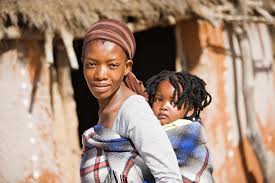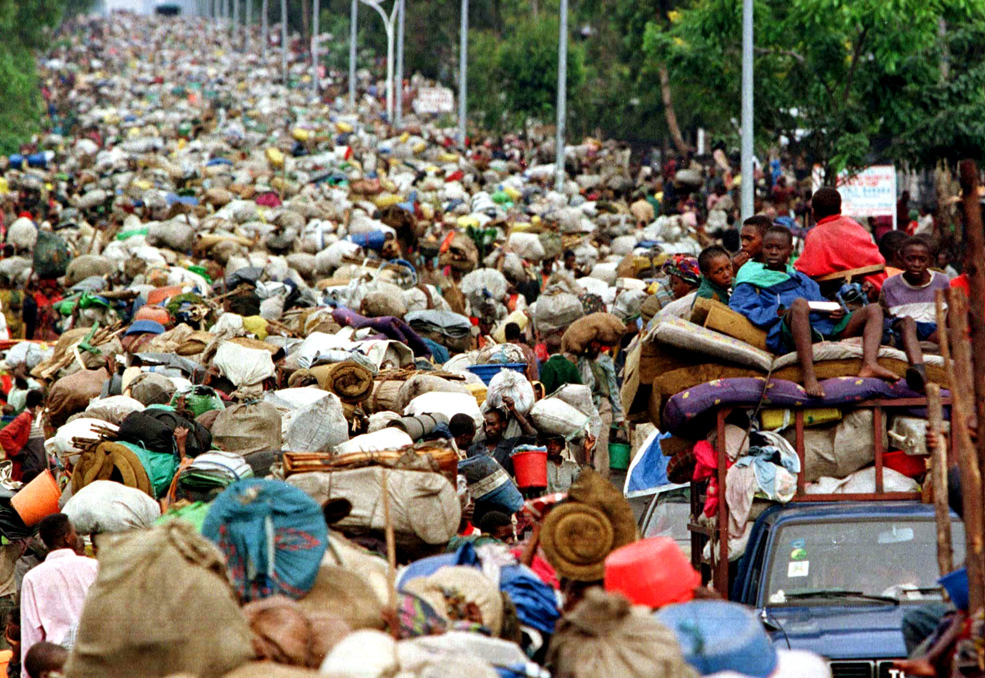Women who were raped and some even infected with HIV during the 1994 Genocide against the Tutsi should be given ‘special status’ to help them cope with the traumatic experience they went through, a parliamentary commission heard Thursday.
The call was made by the Executive Secretary of the National Commission for the Fight against Genocide (CNLG), Dr Jean Damascène Bizimana, while briefing the Standing Committee on unity, human rights and fight against genocide on the commission’s annual report.
Bizimana was responding to MP Annoncée Manirarora’s question regarding the status of the survivors who were raped.
“I know that there has been research regarding Genocide survivors who were raped and infected with HIV. Based on the research, I would like to know the issues they currently face and suggestions on how they can be fixed,” she wondered.

Bizimana explained that there was still need for psychologists in hospitals and associations to continue helping with the issue of trauma, adding that the rape victims were currently struggling with two major challenges.
“The first challenge concerns the victims’ failure to come to terms with what happened and then the issue of openly telling their children about their experience. The Ministry of Health needs to be closer to these people and consider placing them under a Rwandan ‘special category’ status because they are worrying and need special care,” he said.
Bizimana pointed out that, to fix the issue of trauma, the women must be encouraged to meet other women in associations where they can share their experiences.
He also informed the committee that though the rape victims are considered as survivors, the subsequent children are not, something that he says should be looked into.
“These children are suffering from the consequences of the Genocide. The Ministry of Local Government should look into helping them so that those who need to study are supported, those who want to come up with projects through institutions like BDF are also helped so that they can advance themselves,” he said.
MP Winfrida Niyitegeka inquired about the long-term measures in place to protect memorial sites.
“You have talked about different challenges, especially in terms of capacity, but I would like to know what general and long-term measures are in place to preserve the remains of the victims of the Genocide and materials like clothes for future reference,” she wondered.
Bizimana explained that since the law regarding Genocide memorial sites was passed in 2016, almost all districts had constructed memorials that meet the set standards.
“There are requirements regarding the interior and exterior and thankfully most districts have followed them. What remains is the capacity in terms of equipment and staff that are conversant with preservation. There is an issue of humidity which requires us to look into the land, construction materials and we always send them experts when need be,” he said.
Children
Bizimana also briefed the lawmakers on the status of children who were taken out of the country during and shortly after the Genocide. He said that CNLG continues to follow up on the children on a regular basis but admitted that not all of them were doing well.
There are different categories of children who were taken abroad, he said.
“While there are those that were adopted and turned out really well, there are others that are sadly drug addicts and others who were raised by families that fed them with false information about Rwanda, making them hate the idea of coming back home.
“We are working closely with embassies and they follow these children up on a regular basis,” he said.

